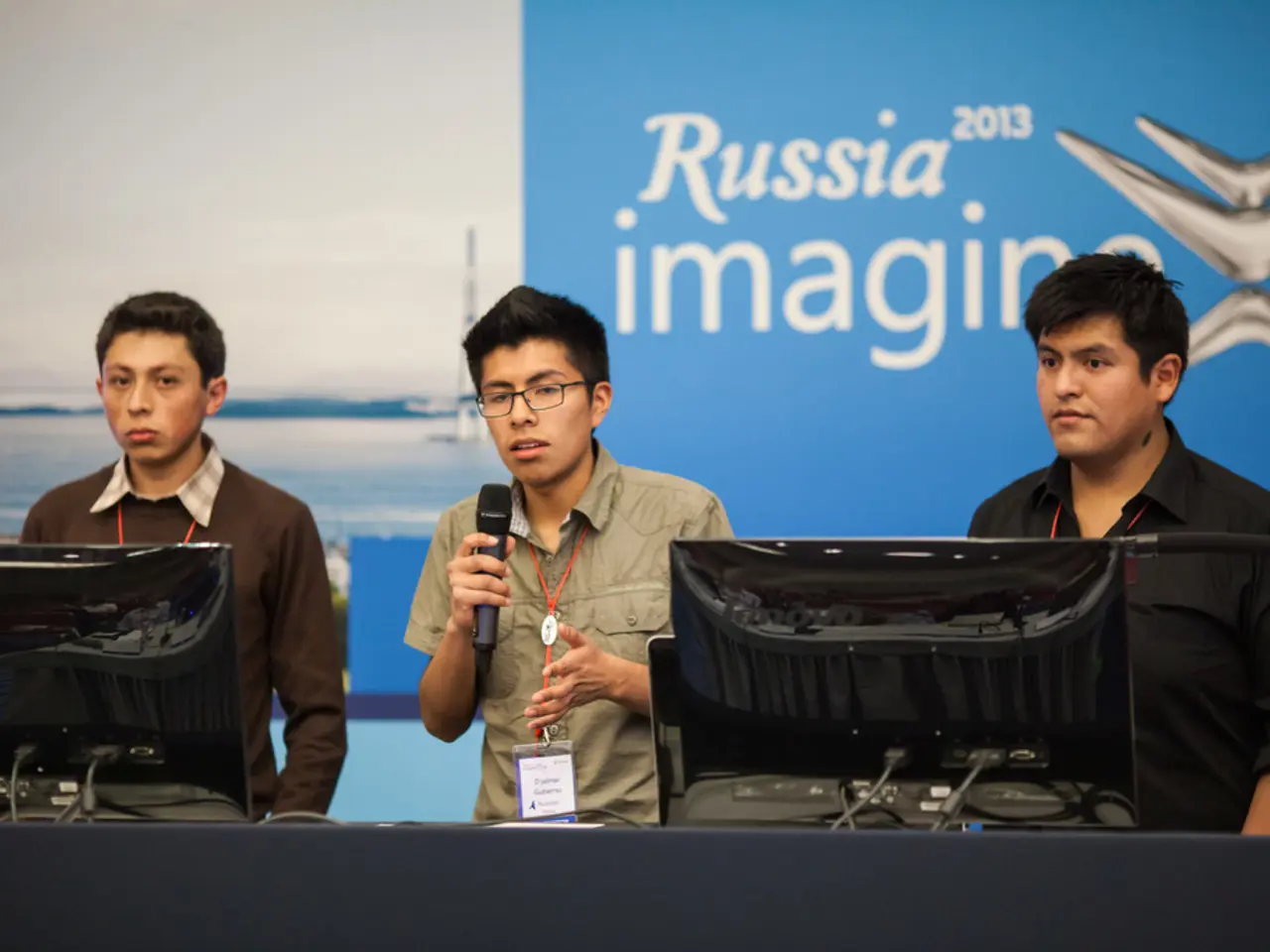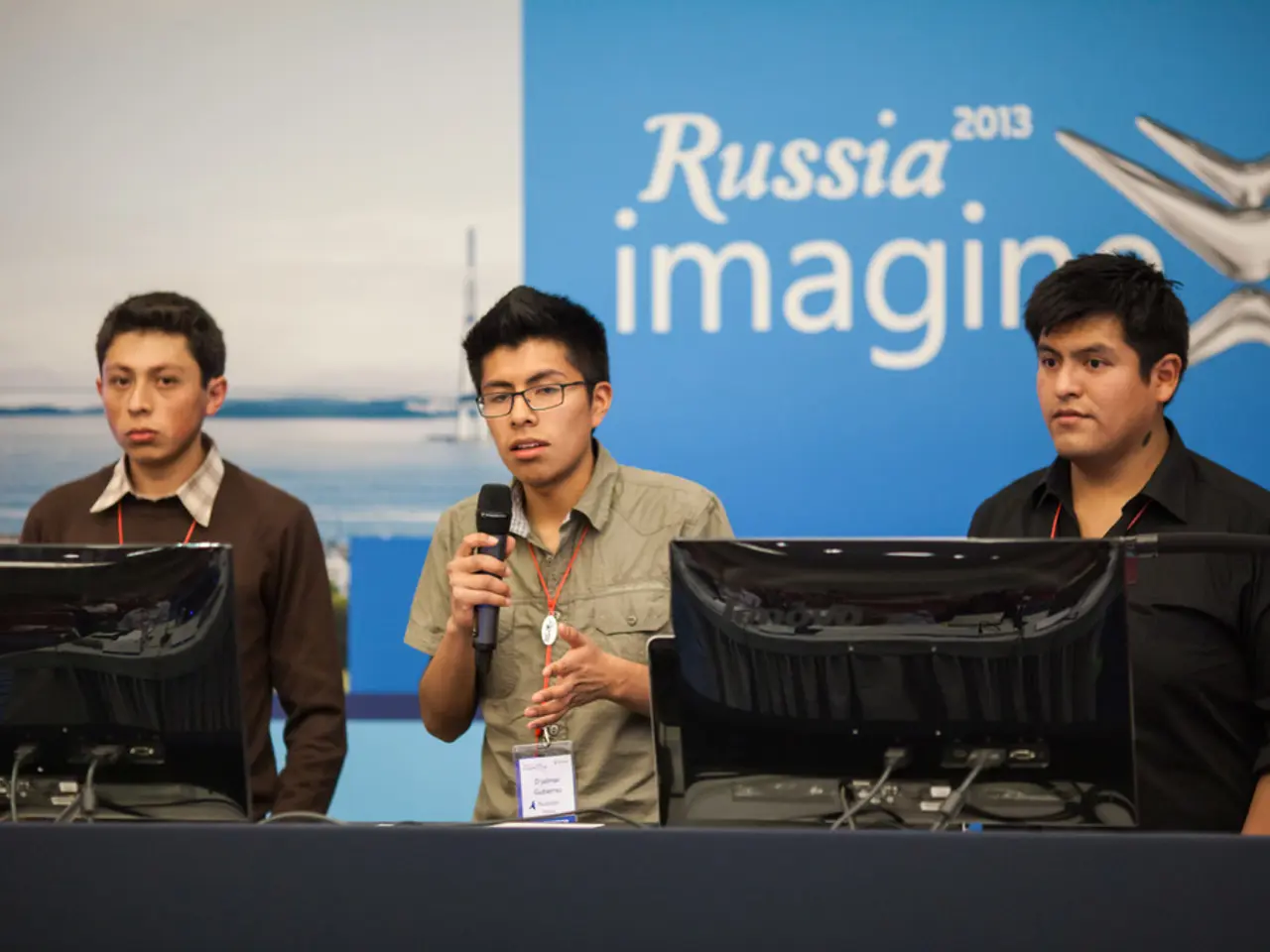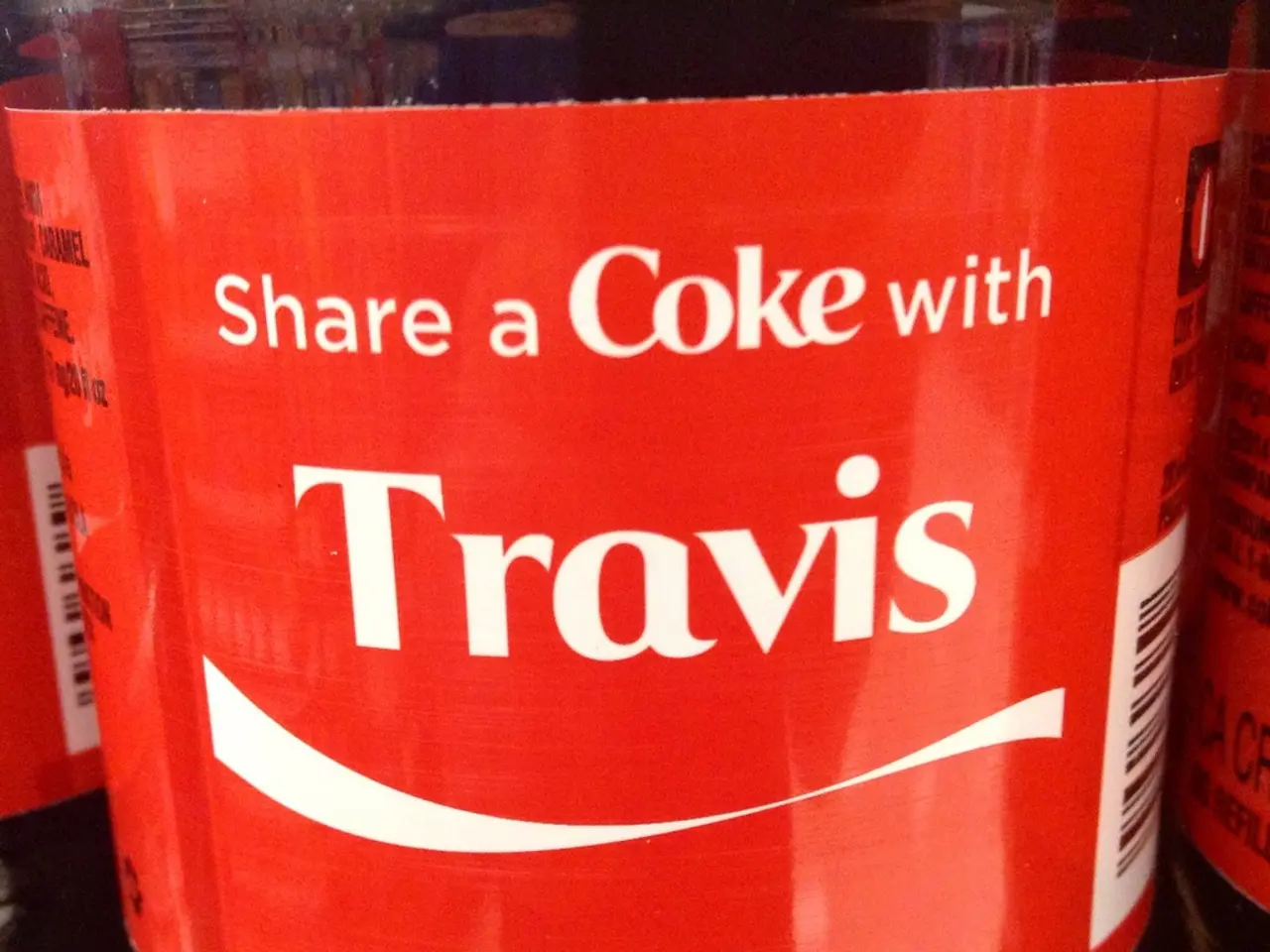Verification: Spurious assertion about UK military personnel being apprehended in Ukraine
In a recent development, a story claiming that three British military officers were captured in a Russian raid on a Ukrainian naval base has been circulating widely online. The images used to illustrate the story across various media outlets and social media channels are AI-generated, according to AI image detection tool SightEngine, with a probability of being AI-generated between 91% and 99%.
The uniforms worn by the men in the images are not authentic and do not follow military clothing standards, further casting doubt on the story's veracity. Despite this, the story has been shared extensively, accumulating a combined total of over 1.1 million views across social media platforms.
The story has been shared not only in Russia but also in Norway and Pakistan, demonstrating the global reach of this disinformation campaign. Interestingly, the bigger audience for Russian propaganda is actually inside Russia itself, according to Roman Osadchuk, director of threat intelligence at LetsData and non-resident fellow at the Atlantic Council's Digital Forensic Research Lab.
Osadchuk explains that this story is a classic example of Russian disinformation, a multi-layered, strategically organized effort combining digital, psychological, and cyber domains. The story is seeded on fringe or fake websites, forwarded via Telegram channels, and then picked up by more outlets and mainstream Russian media, creating an echo chamber.
Russian disinformation often exploits societal fault lines by pushing contradictory or emotionally charged narratives that deepen polarization and mistrust in political systems. In this case, the element of the story which would likely strike a greater chord among Russian readers than elsewhere is the idea of the United Kingdom as a shadowy geopolitical operator.
Osadchuk advises ignoring disinformation until certain thresholds, but if a story starts to be disseminated on multiple platforms or if former members of a country's parliament are sharing it, it should be debunked. However, some outlets, such as the state-owned Serbian media outlet B92, have run the story without responding to requests for comment on why they did so.
It is crucial to stay vigilant against disinformation and to verify information before sharing it. By understanding the tactics used in Russian disinformation campaigns, we can better protect ourselves and our communities from being misled.
- The global reach of the disinformation campaign, as demonstrated by the story's shared views across regions such as Norway and Pakistan, mirrors the strategic dissemination of Russian propaganda.
- The story's claim about three British military officers being captured in a Russian raid on a Ukrainian naval base is being questioned, given AI-generated images and inconsistent military clothing standards.
- Russian disinformation often capitalizes on societal fault lines by pushing narratives that deepen polarization and mistrust, particularly focusing on the UK appearing as a geopolitical operator in this specific case.
4.Some outlets, like the Serbian media outlet B92, have run the story without addressing why it was published, adding to concerns about the dissemination and impact of disinformation.
- Ignoring or debunking disinformation is crucial to protect oneself and one's community from being misled, as understanding the tactics of Russian disinformation campaigns can aid in maintaining a vigilant and informed media landscape.






